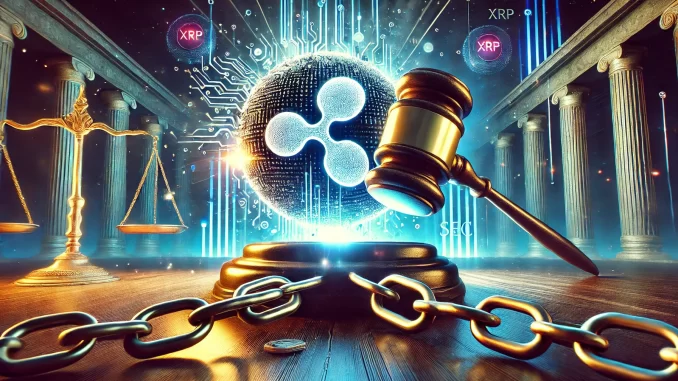
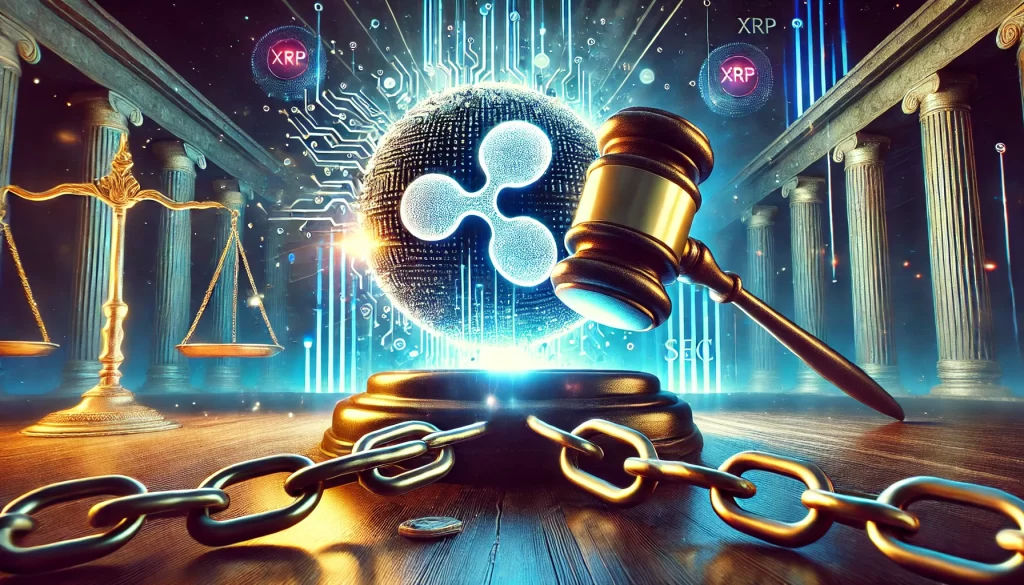
Table of Contents
Introduction: SEC v. Ripple’s “ripple effect
The historic lawsuit involving Ripple Labs and the U.S. Securities and Exchange Commission (SEC) has permanently changed the bitcoin sector. Although Ripple’s last decision seems positive, its effects go much beyond the business and influence the whole digital assets market. Examining the main points of the case, this paper explores its results, industry influence, and future developments.
The First Decision: Division
Judge Analisa Torres decided in July 2023 that Ripple had sold XRP straight to institutional investors, so breaching federal securities laws. The judge also decided, though, that Ripple’s sales to exchanges—where retail investors could access the token—did not violate these rules. This complex decision generated waves in the sector and spurred discussions on the definition of securities in the crypto space.
The $125 Million Penalty: A Little Setback or a Financial Disaster?
Ordering Ripple to pay a $125 million fine, a fraction of the $2 billion sought by the SEC, she For Ripple, which has plenty of means to cover this penalty, it is minor but noteworthy. The fine, however, begs issues regarding the SEC’s approach in aiming big amounts in such situations, particularly considering the courts might not always agree with the regulator’s requests.
From the SEC’s vantage point, a Pyrrhic triumph?
Though there is some success claimed by the SEC, their claim seems flimsy. The SEC’s larger enforcement approach is undermined by the decision declaring Ripple’s secondary market sales to not be securities transactions. This feature of the case could undermine the SEC’s position in both current and upcoming proceedings involving different cryptocurrencies traded on exchanges.
The Importance of the Ruling Regarding the Secondary Market
The ruling of the court on secondary market transactions has wide consequences. It refutes the SEC’s contention that every digital asset sold on exchanges qualifies as a security. This decision might affect other cases, thus making it more challenging for the SEC to pursue related allegations against different bitcoin ventures.
The response of the ripple team: future strategy and vindication
Stuart Alderoty, Chief Legal Officer of Ripple, has praised the decision as a major triumph for the whole crypto sector as well as for Ripple. He underlined that the court’s ruling supports the restrictions of the SEC’s authority, especially in circumstances devoid of proof of market manipulation, fraud, or investor damage.
Consequences for the Business Model of Ripple
Ripple can carry on its activities with more clarity knowing the court decided its On- Demand Liquidity (ODL) service does not violate securities laws. Still, the business has to be alert to make sure that, especially in institutional sales, next deals follow securities rules.
Future Appeals: What Awaits?
Ripple as well as the SEC have the right to appeal the decision. Should the SEC decide to appeal, it probably would center on the court’s ruling on secondary market sales since the regulator suffers a major loss from this decision. On the other hand, Ripple might find interesting the part of the decision pertaining to institutional sales, although given the positive general result this is less likely.
Challenges of an Appeal
Given the rarity with which appeals courts reverse district court rulings, appealing the decision would be an uphill fight for the SEC. An appeal might also extend the case, so adding more uncertainty to the sector. The legal team of Ripple has voiced belief that any appeal would not greatly change the present result.
More general industry effects: a new legal environment for cryptocurrencies
The Ripple case created a precedent that might influence American crypto laws going forward. The conflicting decision emphasizes the need of better regulations since it shows the difficulty of implementing conventional securities rules to digital assets.
The Need of Regulatory Clarity
The situation emphasizes how urgently the bitcoin sector needs regulatory clarity. The absence of consistent rules leaves businesses in a vulnerable state, unsure of how to follow current laws as courts keep publishing conflicting opinions. This uncertainty might discourage creativity and impede the expansion of the digital asset market.
Conclusion: The Ripple Case’s Legacy and Future Implications
For the crypto business, the SEC v. Ripple case marks a turning point. Although Ripple came out on many fronts triumphant, the case reveals major flaws in the legal system controlling digital assets. One thing is certain as the sector waits for possible appeals and more decisions: the ripple case will be a crucial source of reference in the continuous discussion on the direction of cryptocurrency control.
Disclaimer
This is just meant to be information; it is not financial or investment advise. Unexpected changes in market conditions mean that before making any financial decisions, one must carefully study and consult a professional.
For further insights, visit our cryptocurrency website
Explore more about [Bitcoin’s price movements and market trends]




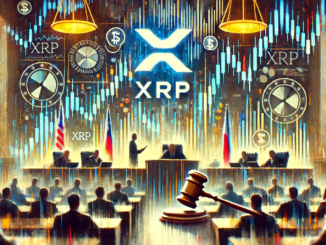
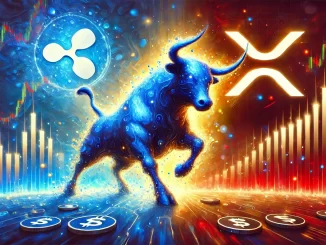
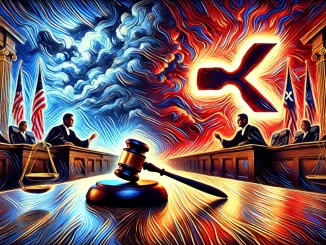
Be the first to comment